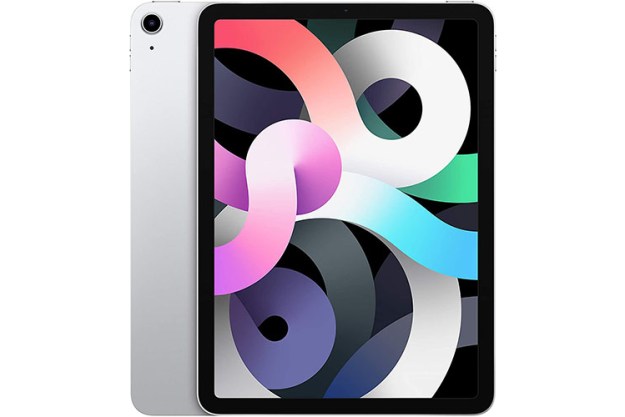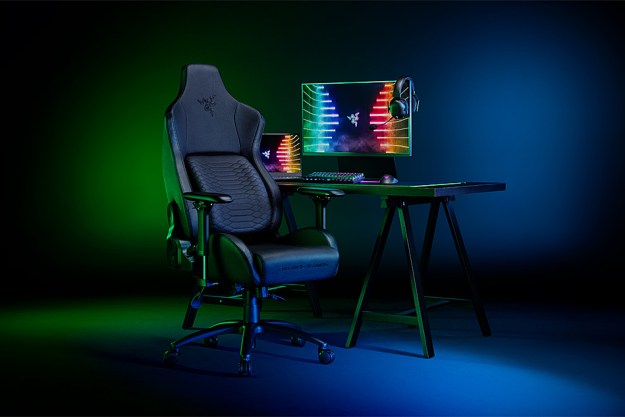
Back in 2001, Microsoft and the U.S. Department of Justice reached a settlement in the government’s antitrust case against the Redmond software giant. Although many industry watchers felt that Microsoft had gotten off easy, the settlement did find the company had abused monopoly power in the computer software marketplace, and subjected the company to federal scrutiny and regulation. Key elements of that agreement are set to expire on November 12, 2007, and while the Justice Department and a collection of states headed up by New York seem pleased with Microsoft’s conduct under the agreement, other states – headed up by California – worry Microsoft will quickly fall back into the same anticompetitive behaviors which led it to dominate the operating system market and run competitors like Netscape into the ground.
In particular, the dissenting states are concerned that the government needs to keep a close watch on Microsoft’s actions in regard to the newly-introduced Windows Vista operating system. "Not only has Microsoft just recently introduced Vista as the successor to Windows XP, but its market power has remained undiluted as evidenced by a market share in excess of 90 percent for at least the past 15 years. As a practical matter, termination of the Final Judgment means…plaintiffs will not be able fully to assess the impact in the marketplace of Microsoft’s recent introduction of Vista," the states wrote in their filing (available in PDF format from the Microsoft blog of Seattle P-I reporter Todd Bishop).
For its part, Microsoft’s general counsel Brad Smith says the consent decree has changed how Microsoft does business, and that the company will voluntarily remain committed to its principals even after its terms expire. Other states, such as New York, have deemed the antitrust settlement a success. The states of Florida and Utah, while not generally happy with the results of the consent decree, also declined to sign on to California’s argument that government supervision or Microsoft should be extended, saying they didn’t think the agreement had been wholly ineffective, even if they weren’t thrilled with the current marketplace.
The next status conference on the settlement is set for September 11 in front of U.S. District Judge Colleen Kollar-Kotelly. Kollar-Kotelly has already extended a portion of the consent decree concerned with server operating systems until 2009, citing dissatisfaction with Microsoft’s documentation of key server technologies.


